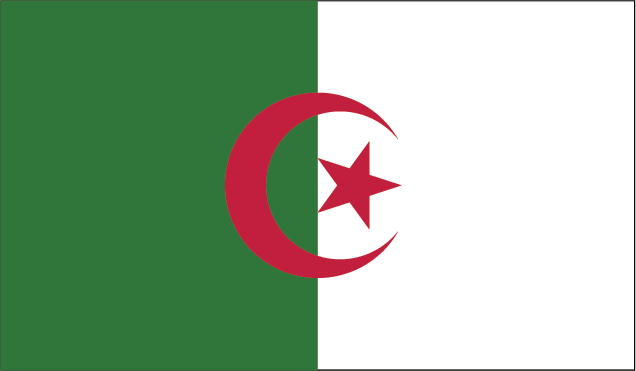OVERVIEW
ROLES AT IMM
2020
IMM International Faculty
Mathematical Analysis
Course
Pakistan
Fall
ABOUT ME
How would you define your field of study? What is your vision about it? Which are the topics you're most passionate about?
My field of study is complex differential geometry, more specifically, I am interested in complex manifolds carrying special structures.
A distinguished place in this field belongs to Kähler manifolds, which lie at the intersection of complex, symplectic and Riemannian geometry. This interplay provided numerous techniques and groundbreaking results.
Constant effort has been put in the last decades to find suitable generalizations of Kähler metrics, as a first attempt towards understanding the non-Kähler world.
My research deals with studying these non-Kähler special metrics and understanding the particularities of complex manifolds carrying them. Often this means combining very diverse techniques, coming from topology, complex analysis or even number theory, which makes non-Kähler geometry a really captivating topic.
CURRICULUM
from 2019 to Present
IMM International Faculty, International Mathematics Master (IMM)
International
from 2018 to Present
Research Scientist, Institute of Mathematics of the Romanian Academy
Romania
MORE INFORMATION
How do you expect your experience in IMM to be? Why did you accept to teach for this project?
I accepted to teach at IMM in order to promote mathematics as a fascinating international language. I can only hope that the beauty of mathematical reasoning will be accessible all over the world and will bring people together.
What is your teaching philosophy? What would you like to transmit to your students? How do you motivate them?
I think the key to success in teaching math is finding the right balance between encouraging hard work, helping students to voice their ideas and questions and adapting to their needs and background. This is why I insist on having a positive and comfortable atmosphere and on discussing the exercises from various angles allowing everyone to understand more deeply the real difficulties.


